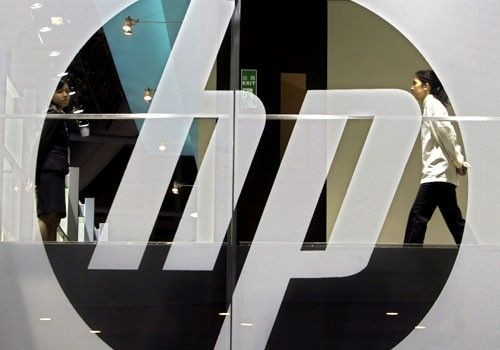HP, Others In Consumer PC Transitional Rut

After growing at an incredible pace in the early half of 2010, the consumer PC industry has come back to earth and some of the major manufacturers are feeling the impact.
Hewlett-Packard announced its first quarter earnings Tuesday, which at best, were a mixed bag for the Palo, Alto, Calif.-based tech giant. Even though the company did well in enterprise products, revenue from consumer products decreased. Its personal system (PC) group revenue declined one percent year-over-year and revenue from its consumer clients declined 12 percent. Sales from notebooks declined five percent year-over-year while desktops declined sequentially.
The revenue (and profit) numbers have hit HP's stock has taken a hit over the past day. It has fallen approximately nine percent to $43.59 per share from $48.11 at end-of-day trading yesterday.
HP isn't alone. One of its chief rivals, Dell, reported its fourth quarter and full year earnings last week and said revenue from its consumer products was down eight percent from the year-ago quarter. In a recent report, Gartner said the Western European PC market declined four percent in the fourth quarter, suggesting the problem isn't just an American one.
There are certain trends that could spell trouble for PC industry, said Sarah Rotman Epps, Forrester's senior analyst of Consumer Product Strategy. What's hitting HP, Dell and some of the others are soft PC sells. It really comes from a perfect storm of the economy, the emergence of tablets and also the consumer's reaction to the Windows 7 release cycle.
Epps says when Windows 7 came out, there was huge pent up demand for it from consumers as many held out during the Windows Vista cycle and were operating five- to 10-year-old PCs. Once Microsoft released Windows 7 a lot of people got new PCs, creating a mild industry boom during the late stages of 2009 and early 2010. With Windows 7 having been out for nearly a year and a half, she says sales have gone back to normal. It shows how the PC industry is intertwined with the Windows sale cycle, she said.
What also can't be ignored is the emergence of tablets and Apple's early dominance in that burgeoning product category. While others like Dell and HP have come out with their own tablets, at best they start out far behind Apple as the Cupertino, Calif.-based company already sold roughly 15 million iPads last year alone, and are set to release version two.
Mikako Kitagawa, PC analyst at Gartner, says the emergence of tablets and smartphones has brought a whole slew of new devices that can connect to the Internet. This alone has made some people adopt a wait-and-see approach. Because the iPad showed up and media tablets took attention, consumers are now thinking: should we buy a new PC or wait until something new comes to market? ... You have many more options compared to 2-3 years ago, Kitagawa said.
With its WebOS operating system, HP made it clear that it isn't solely relying on Windows for its future computing products, including tablets. However, according to Epps, this may not be the best idea.
Our research saw that even on tablets, by a three-to-one ratio, consumers preferred the Windows operating system to Apple's. People are comfortable with Windows. To individuate from Microsoft, it has potential upside, but it's risky as well, Epps said.
Both analysts agree only time will tell if HP's gamble will help it emerge from the transitional rut that it seems to be in now.
To contact the reporter responsible for this story call (646) 461 6920 or email g.perna@ibtimes.com.
© Copyright IBTimes 2024. All rights reserved.





















